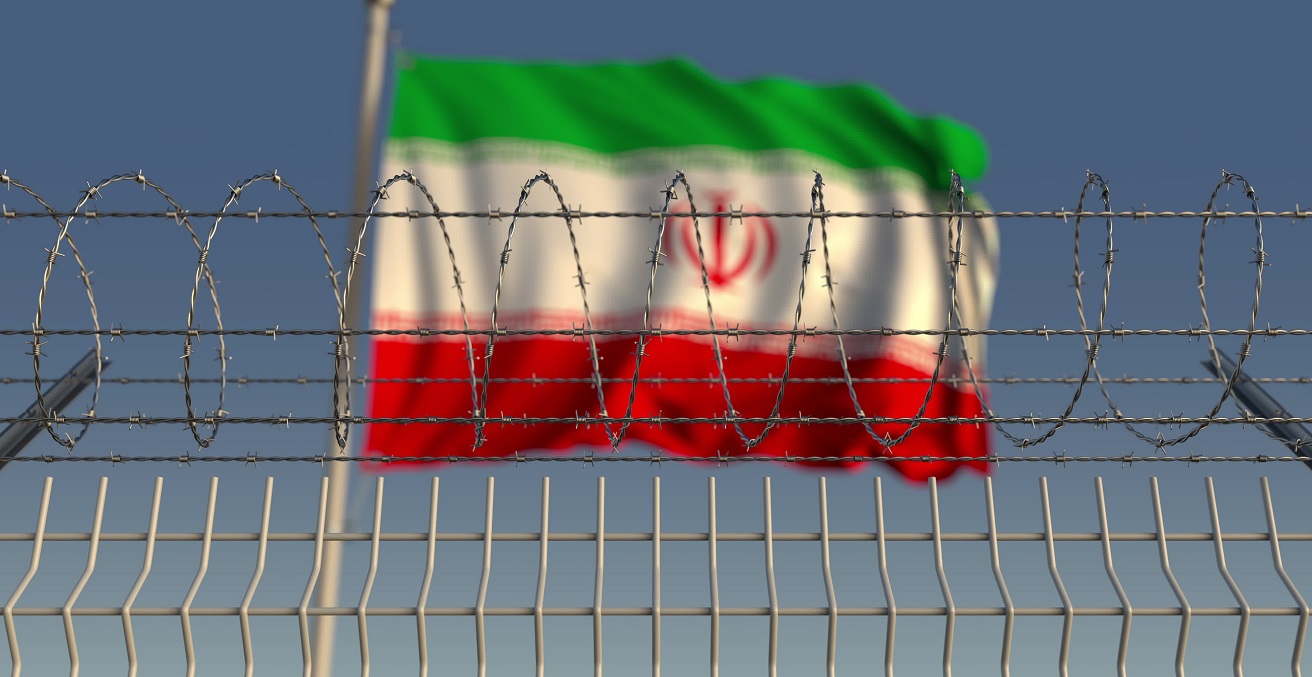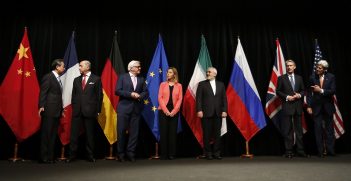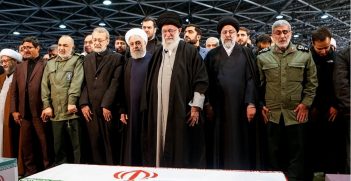Kylie Moore-Gilbert: A Renewed Call for Action

Australian-British academic Kylie Moore-Gilbert remains imprisoned in Iran on charges of espionage after attending an academic conference in Qom two years ago. Her mounting psychological distress is exacerbated by the prevalence of COVID-19, and a renewed call for action is essential.
A professor of Islamic studies and Middle Eastern politics at the University of Melbourne, Kylie Moore-Gilbert is highly respected in her field. Graduating from Cambridge University with First Class Honours and a President’s Award for Excellence, Moore-Gilbert subsequently received a PhD in Melbourne before beginning her career in academia.
In September 2018, Moore-Gilbert was arrested at Tehran airport as she was leaving Iran, after attending and speaking at an academic conference in Qom. Moore-Gilbert was tried in secret, and placed in ward 2-A of Iran’s notorious Evin prison, allegedly in solitary confinement, on a 10-year sentence for espionage. She fervently denies all charges against her.
In September 2019, Moore-Gilbert was formally named as the British-Australian academic being held in Iran, previously anonymised by Iranian authorities. Two other Australians – bloggers Mark Firkin and Jolie King – were also being detained in Iran, and their identities were also revealed at this time.
Following this disclosure, Foreign Minister Marise Payne announced that the Australian government had been working on the issue, with “very hard diplomatic channels [used] to secure their release as well as to ensure they were treated appropriately while they were detained.” Two weeks later, the Firkin and King were released from the Iranian jail, but Moore-Gilbert remained.
Moore-Gilbert has been on several hunger strikes in protest, and is said to have been beaten for trying to comfort new prisoners by passing notes and writing to them on prison walls. In January of this year, Moore-Gilbert was allegedly recruited by Iranian authorities as a spy in exchange for her release, an offer she rejected in a letter smuggled out of the prison.
Australia’s ambassador to Iran, Lyndall Sachs, later visited Moore-Gilbert in Evin Prison. The ambassador issued a statement stating she “is well” and “has access to food, medical facilities and books.” Despite this, little prospects remain for her release, with her conditions rather taking a turn for the worse.
Increasingly “unhappy with her resilience and her refusal to cooperate,” Iranian authorities transferred Moore-Gilbert to Qarchak prison in the desert east of Tehran in July. The prison is reportedly rife with COVID-19, is overcrowded, and has poor sanitation and inadequate beds for all inmates. One former inmate describes Qarchak as a place where “Iranian authorities sent women political prisoners when they wanted to break them,” describing the prison as having “no clean running water, very poor food with the bread and rice drugged, and gang-ridden.”
Aside from the psychological impacts, COVID-19 represents a threat to the physical health of the academic as she remains imprisoned in Qarchak. Moore-Gilbert relies on the Australian embassy for support but has reportedly been short on money that she needs to buy basic provisions.
While Moore-Gilbert is said to have escaped infection in the wave of COVID-19 sweeping through the prison, but the academic’s health concerns extend beyond this issue. In a handwritten letter smuggled out of the prison, Moore-Gilbert has said that she “can’t eat anything,” and is “so disappointed… so very depressed.” Moore-Gilbert said her “health has deteriorated significantly,” and that she is “in the midst of a serious psychological problem.”
In response, Prime Minister Scott Morrison offered a vague statement: “We’re doing everything that we can do to bring her home.” Foreign Minister Marise Payne also stated, “Our view is that we don’t accept the charges upon which she was detained, held, charged and convicted, and we want to ensure the conditions in which she is held are appropriate.” This “quiet diplomacy” has previously been criticised by academic and friend of Moore-Gilbert, Jessie Moritz, but little in practice has been achieved to supplement this approach.
The response of the Australian government has been inadequate. The issue of Moore-Gilbert’s detainment has been largely overlooked, with the few attempts at her liberation falling short on all accounts. This has further exacerbated Moore-Gilbert’s psychological distress. As COVID-19 represents an increasing threat to the health and safety of Moore-Gilbert, her release is now more important than ever.
It is important that the Australian government does not overlook humanitarian issues during global crises, but rather uses such challenges as opportunities for positive action. The Australian government is in a unique position to use the COVID-19 pandemic to repair bilateral relations with Iran and work together not only to solve the global crisis, but to bring home Kylie Moore-Gilbert.
While prior instances have typically involved a prisoner swap, the current global landscape requires a creative solution to the case of Moore-Gilbert. Offering assistance to Iran in the form of medical equipment and other support in exchange for the prisoner could ensure these two goals are met. These steps are necessary in an increasingly complex international landscape where nations must, with greater reason, adopt diplomacy as an effective tool of contemporary statecraft.
Dakota Parker is currently pursuing a Master of International Law and Diplomacy at the Australian National University.
This article is published under a Creative Commons License and may be republished with attribution.





